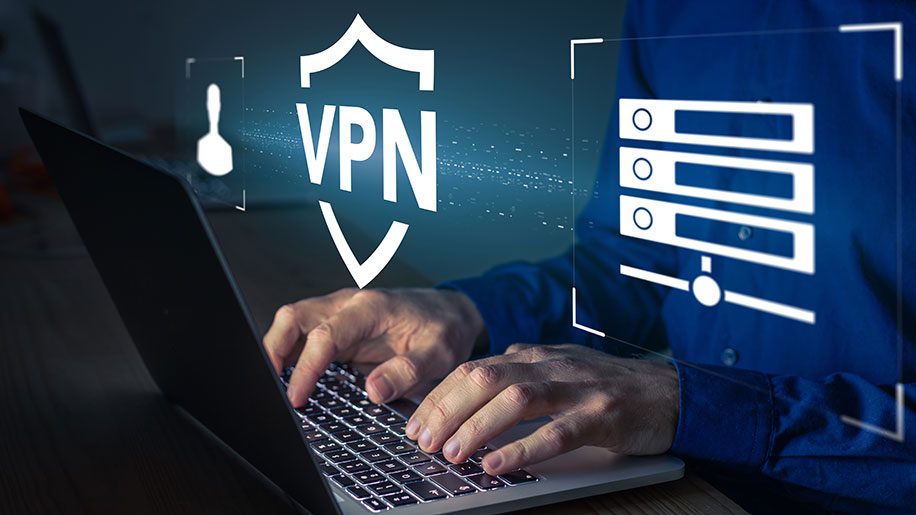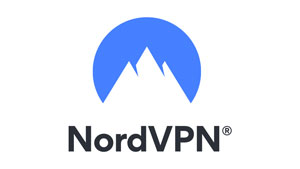
What are the best VPNs for travelling?
A VPN (Virtual Private Network) gives you online privacy and anonymity by creating a secure private network from a public internet connection. It is an extremely useful tool for travellers to have in their arsenal. As well as securely connecting to public Wi-Fi, travellers can get better prices, access their favourite websites, and enjoy the content they are used to. However, not all VPNs offer these benefits while travelling, so it’s important to know how to choose one that is right for you.
Getting better prices with a VPN
Booking a flight, hotel or holiday can get very expensive very fast. Luckily, there’s an easy solution to save money without hassle: using a VPN.
Most businesses in the travel industry use dynamic pricing — people from different countries have to pay different prices for the same thing. Hiding your IP and location and changing it to a new one in a different country may help you save a significant amount of money. Just make sure to clear your cookies before you go exploring!
Secure connection wherever you are
Travellers love fewer things more than free Wi-Fi. Roaming is expensive, and local mobile data plans are not always an option. So we turn to cafes, restaurants, hotels, airports, and shopping centers for their free open Wi-Fi. However, these networks are often unsecured, and hackers are known to spoof a popular Wi-Fi hotspot to trick people into connecting to it. This could result in you losing your credit card data, login credentials, and other personal information. This lost data could be used to impersonate you in a phishing attack targeted toward your friends and family. In some cases, it might even infect your device with malware.
The best solution to this problem? Use a VPN. It encrypts the data you send and receive, rerouting it through a secure tunnel, making it extremely difficult to intercept and read.
Avoiding censorship
Some popular travel destinations, unfortunately, also suffer from censorship and online restrictions. While there, it can be impossible for travellers to access Google products, popular social media platforms, or messaging services. This is especially inconvenient if you need to look up a restaurant, post the view from your hotel balcony on Instagram, or message your friends or colleagues.
By using a VPN, you connect to a VPN server in another country first — only then does your traffic go to the website or service you need. This way, you bypass censorship, and your browsing activity stays hidden from prying eyes.
Some countries even ban VPN usage so they can monitor their internet users. In this case, it’s important to evaluate the risks and make sure you get a trustworthy VPN provider that offers obfuscated servers. Keep in mind that you will need to get the app and subscription before you leave for the trip!
Accessing your content
The season finale of your favourite show comes out during your trip? You don’t want to miss it and risk accidentally seeing a spoiler online. Unfortunately, not all streaming services are available worldwide. To bypass these restrictions, connect to a VPN server back home and enjoy your favourite content as if you never left.
VPN for travelling: what to look for
Not all VPNs are created equal. Here are some features you should look for when choosing a provider:
- A wide network of servers. More servers mean faster connections. They are likely to be less crowded, which means minimal downtime. More importantly, you are likely to find in a nearby country, no matter where you travel.
- Specialty servers. If you like traveling to not-so-touristy places and are likely to end up in a country under a totalitarian regime, obfuscated and double VPN servers are a must for a safe internet connection.
- Malware protection. Tourists are considered easy prey — both by pickpockets and cybercriminals. Make sure to get a VPN that offers additional protection from malware and other online threats.
- Kill switch. It’s an essential feature if you really want to keep your data safe. It will terminate your access to the internet in case the VPN connection drops.
- Modern VPN protocols. OpenVPN is the industry standard, but if you’re looking for speed and security in the modern age, choose a provider that offers WireGuard too.
Which VPN should you choose?
Many VPNs are on the market, so picking one might be a challenge. So you could go with an industry leader like NordVPN?
- A wide array of specialty servers to match your needs: obfuscated, double VPN, P2P, and Onion Over VPN.
- The fastest VPN on the market — no lag, no buffering while streaming, and bulletproof encryption to keep you safe.
- Multiple VPN protocols to choose from: OpenVPN, NordLynx (based on WireGuard), and IKEv2/IPsec.
- You can connect up to 6 devices with a single account — take care of your friends, or family while you travel.
- NordVPN has more than 5,500 servers in 60 countries, so there’s always one nearby. Users can connect to the closest and fastest one with a tap — and it only takes a second.
- 24/7 customer support if you’re stuck and need some help. No matter the time zone, NordVPN’s support staff will be able to help you out.
- NordVPN’s blog and Help Centre contain in-depth explanations and tutorials, so you get the most out of your VPN account and know how to stay safe online.
- The Threat Protection feature provides an additional layer of online security. It scans all downloaded files for malware and deletes them immediately if they are found to be infected. Threat Protection also blocks trackers, malicious websites, and intrusive ads to make your internet browsing safer and smoother.



